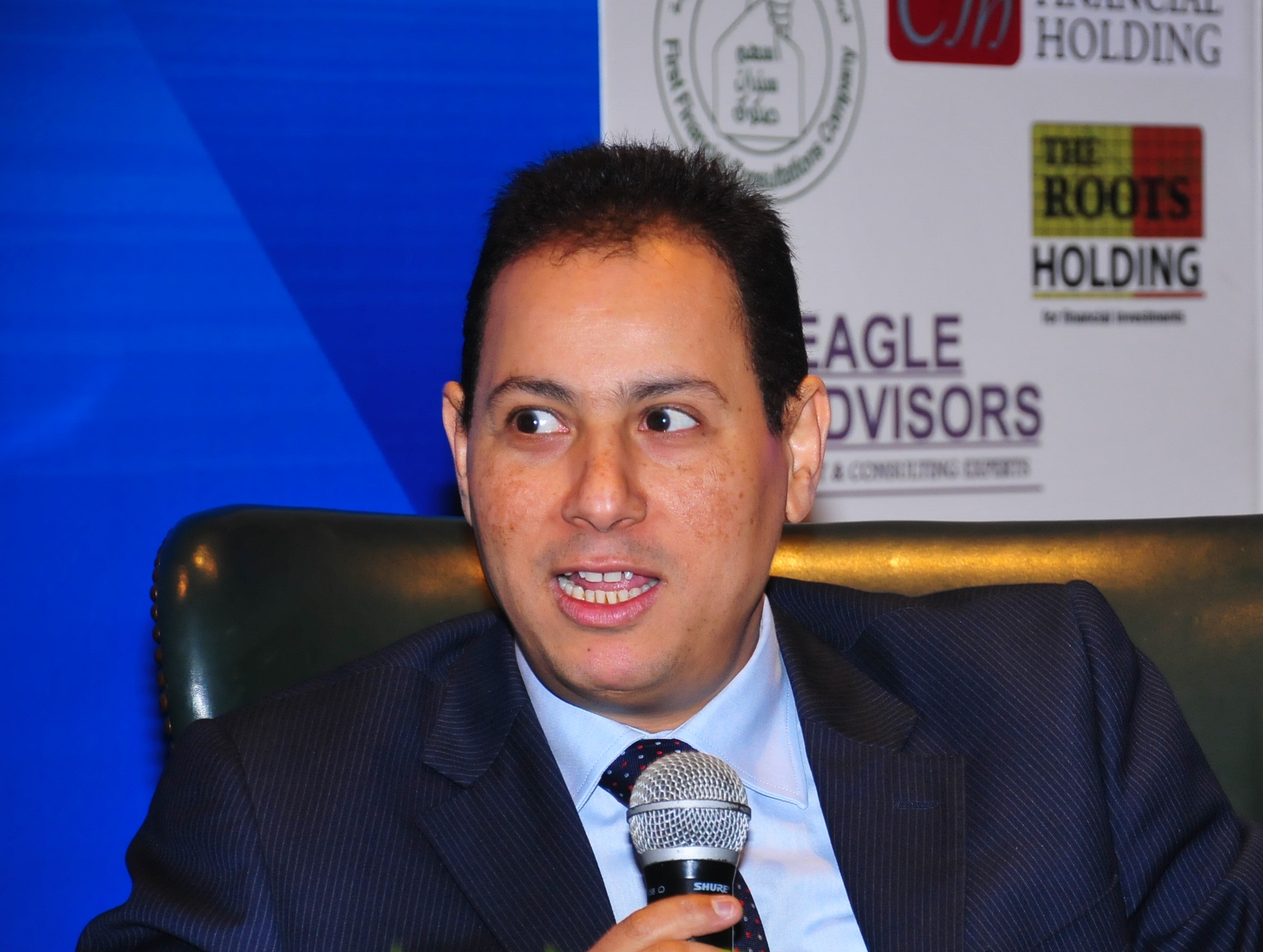Egypt is working to reduce its external debt through several measures aimed at enhancing debt sustainability, and is moving forward with steps to empower the private sector and increase local and foreign investment, its planning and international cooperation minister said on Sunday.
In a meeting with a delegation from the S&P Global Ratings agency, Minister of Planning, Economic Development and International Cooperation, Rania Al-Mashat, reviewed the latest developments in the Egyptian economy and the government’s continued implementation of economic and structural reforms.
She noted that Egypt’s economy achieved positive growth rates of about 4.2% during the first nine months of the last fiscal year, compared to 2.4% in the same period the previous year. This growth was driven by positive contributions from vital sectors such as non-oil manufacturing, exports, ICT, and tourism.
“Preliminary indicators for growth rates in the past fiscal year point to higher-than-expected levels,” Al-Mashat said.
The minister highlighted that private investment at constant prices accelerated by 24.2% year-on-year during the third quarter of the last fiscal year, reaching 142.8 billion Egyptian pounds. This surpassed public investment for the third consecutive quarter and accounted for about 62.8% of total implemented investments, excluding inventory.
Al-Mashat said the Egyptian economy is on a steady path towards comprehensive economic development by maintaining the momentum of economic reform and implementing the National Programme for Structural Reforms, which aims to enhance macroeconomic stability, improve the business and investment climate, and drive the transition to a green economy.
The minister explained that Egypt has become a platform for development financing for the local and foreign private sector from international partners, and that the government is keen to follow a precise governance approach regarding financing.
She also referenced the recent launch of the “National Narrative for Economic Development,” a comprehensive framework that integrates the government’s work programme with Egypt’s Vision 2030. The narrative aims to transition towards an economic model that consolidates macroeconomic stability and focuses on more productive, export-oriented sectors, building on the advanced infrastructure that has been developed and redefining the state’s role in the economy to enhance competitiveness and stimulate private sector participation.
Al-Mashat also noted that for the first time, the economic and social development plan will be prepared for a three-year period starting from the 2026/2027 fiscal year, within a medium-term budgetary framework, as part of the implementation of the new General Planning Law.



